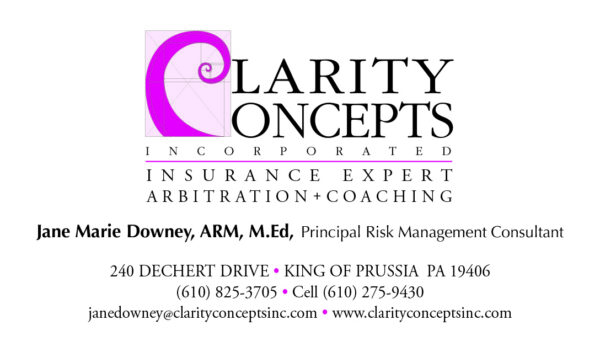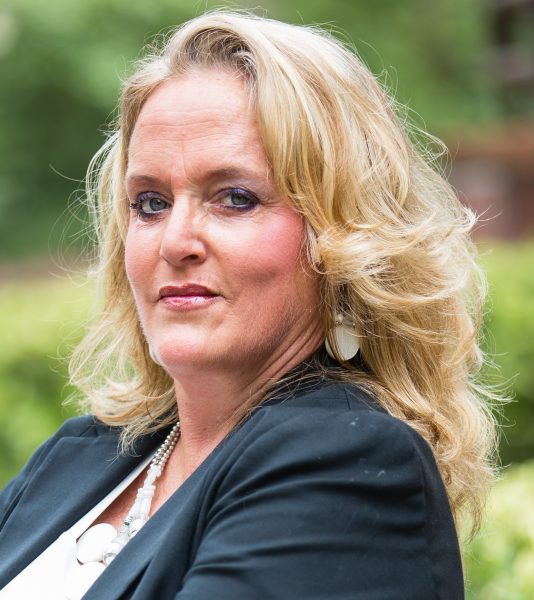Results For Articles or Consultants
Risk Management
Colby Allen is a consultant with AgencyFocus who has over 10 years of industry experience in finance, operations, analytics, and project management. During that time he has worked with regional agencies, national agencies, and a regional carrier. Notable projects include refinement of agency finance and operational reporting processes as well as assist in acquisitions to…
“By investigating a case aggressively at the outset, it was often possible to have a developed factual matter for analysis within 90 days, maybe as long as 6 months, depending on the cooperation of any third‑party claimant and other sources of information. By having that development, one could set accurate reserves earlier. The insurer would know where it stood, and actuaries could also have access to that data and reassess a particular book of business or a particular program to see how profitable it may be over time and make adjustments, rather than canceling a program as unprofitable, should development and accurate reserve setting take longer, such as years versus months.
Another important function was the interaction between claims handlers and underwriters. The two go hand in hand. Underwriters have a certain view of the world and ways they want to approach coverage, but it’s the claims people who must handle the result and keep up to date with the latest case law affecting liability and/or coverage. Such teamwork results in tighter and more successful programs including decisions as to whether or not policy language needs to be changed or the need to add additional exclusions based on developing appellate decisions that might create new perils. That level of communication was important, especially for innovative insurance companies. Where the intent is to cover something as communicated to the applicant, the claim department might not be aware of it, resulting in a claim denial.”
This article discusses some of the physical risks adjusters face in fieldwork and the emotional risks they face in an increasingly stressful claims arena. It offers tips and solutions for both adjusters and those who manage a claims team.
Brenda Powell Wells holds both a Bachelor of Business Administration and a Ph.D. in Risk Management and Insurance from the University of Georgia. She holds the Chartered Property and Casualty Underwriter (CPCU), Accredited Advisor of Insurance (AAI) and Construction Risk Insurance Specialist (CRIS) designations. She also holds a graduate certificate in Business Analytics from East…





